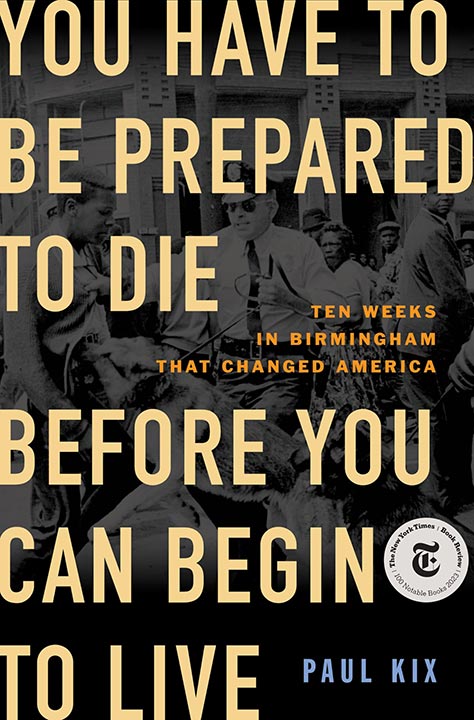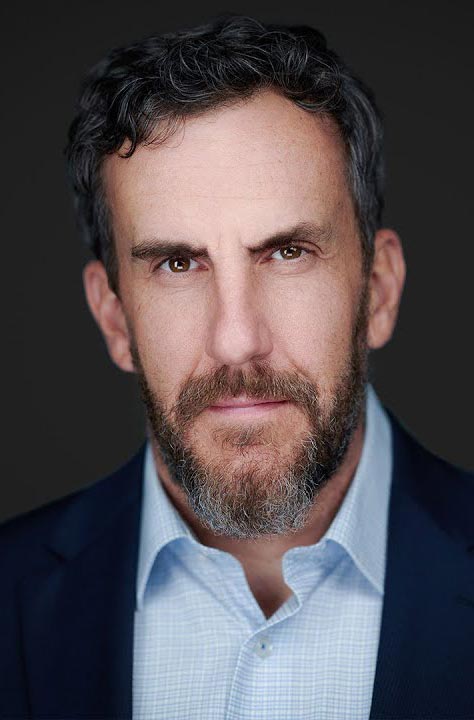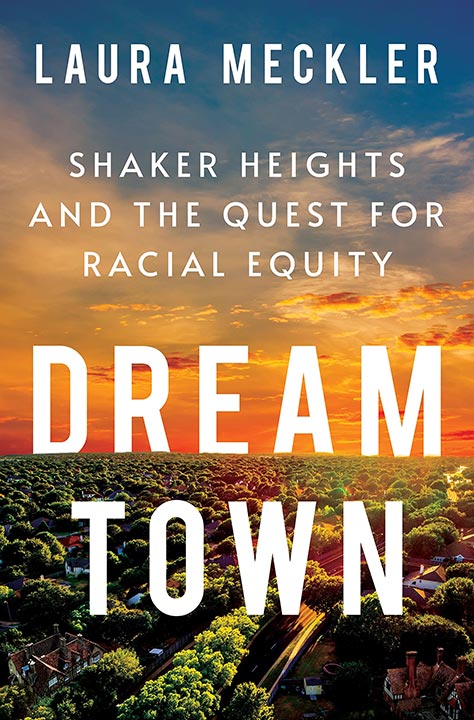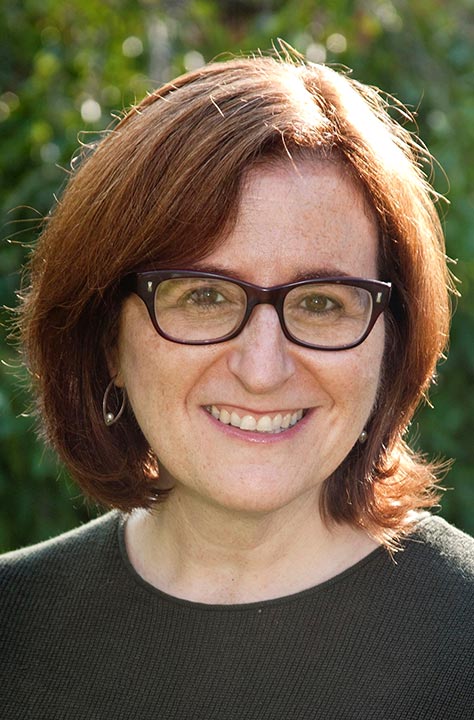The winner of the 2023-2024 Malott Prize for Recording Community Activism is You Have to Be Prepared to Die Before You Can Begin to Live: Ten Weeks in Birmingham that Changed America, by Paul Kix.


Paul Kix provides a comprehensive and riveting account of a crucial period in the civil rights movement in You Have to Be Prepared to Die Before You Can Begin to Live: Ten Weeks in Birmingham that Changed America. He provides an epic narrative arc, that gives new insight into the actions of figures such as Martin Luther King, Robert and John F. Kennedy, and Harry Belafonte. But he never strays far from absolutely crucial developments within Black Birmingham communities. The heroism of local civil rights advocates in the South’s most segregated city comes through vividly in Kix’s telling. The book focuses on the courageous actions of Birmingham minister Fred Shuttlesworth (whose quote becomes the title of the book). And it describes the preparation in schools and neighborhoods that preceded the key decision to bring Birmingham’s children into the peaceful efforts to strike at segregation. In placing the citizens of Birmingham at the center of the story, Kix adds depth to an important chapter in the history of the civil rights movement. In this regard, the book is richly deserving of the Malott Prize for Recording Community Activism. – F.M.S.
– – – – –
The finalist of the 2023-2024 Malott Prize for Recording Community Activism is Dream Town: Shaker Heights and the Quest for Racial Equity, by Laura Meckler.


Laura Meckler provides a vivid account of the generations-long fight to create and preserve the racially integrated town of Shaker Heights, Ohio, in Dream Town: Shaker Heights and the Quest for Racial Equality. Meckler’s book describes the tenacious idealism of those who first envisioned Shaker Heights as an integrated community, adjacent to the city of Cleveland. These heroic figures set Shaker Heights on a path that diverged sharply from the segregation that plagued suburban communities in the Cleveland area and around the nation. Meckler’s account demonstrates the never-ending struggle against the forces that would roll back early efforts at integration. That these struggles took place in areas such as schools, banks, real estate offices, and city hall, makes them no less dramatic in Meckler’s telling. And the book prioritizes the work of Shaker Heights residents as they held government officials and powerful private interests accountable. In this way, Dream Town is richly deserving of acknowledgment as a compelling account of community activism. – F.M.S.



